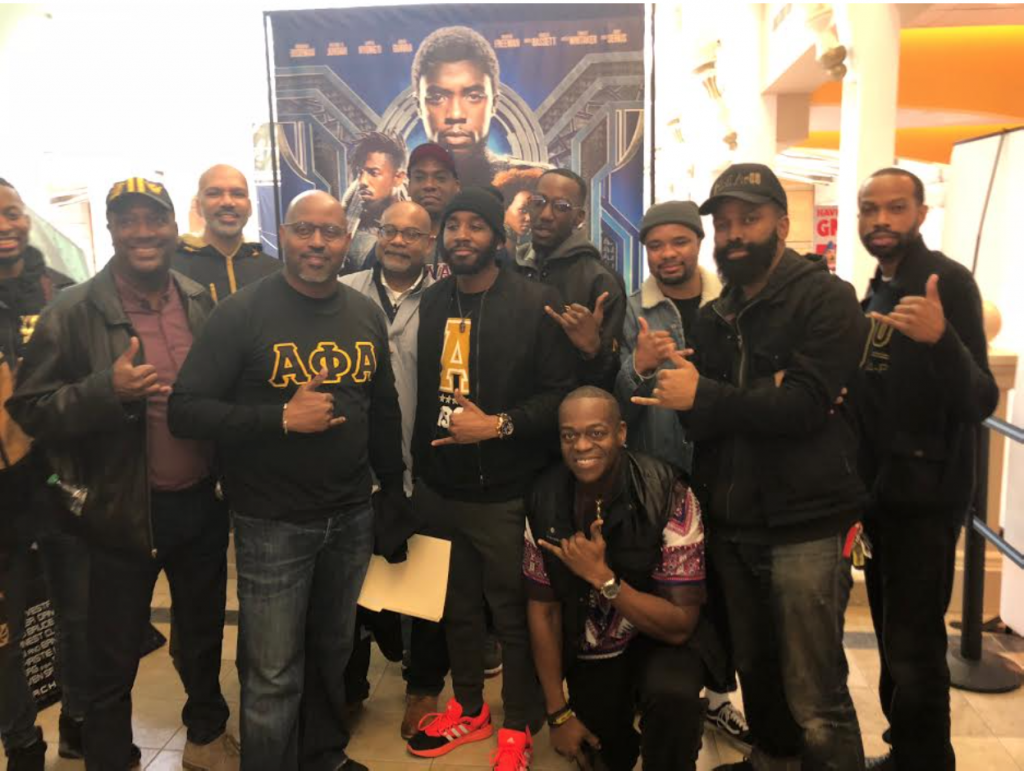14-Year-Old’s Murder Planted a Seed in Planning of Sit-Ins
It’s been 55 years since the brutal murder of 14-year-old Emmett Louis Till, and the event still incites strong emotions in both whites and blacks.
Travis Jackson, 21, a public relations major and Student Government Association vice president of external affairs at North Carolina Agricultural and Technical State University, believes the severity of the murder is what makes it resound today.
“He was a 14-year-old kid who didn’t really know that much,” Jackson said. “His face in the casket tells it all.”
During the weekend-long celebration of the 50th anniversary of the Greensboro sit-ins, the Till murder was cited as one of the motivations for four freshmen to sit at that Woolworth’s counter back in 1960.
The night before Joseph McNeil, Franklin McCain, David Richmond and Ezell Blair Jr. (Jibreel Khazan) decided to walk to Woolworth’s, the story of Till’s murder came up in a discussion about the reasons why the sit-in was necessary. It had been only five years since the murder and trial had taken place, and the wounds to the black community were still fresh.
The details of the kidnapping, beating and murder of the young Chicago native who allegedly “spoke fresh” to a white woman in a store in Money, Miss., during his first trip to the south, captivated the nation in August 1955. Till’s body was found in the bottom of the Tallahatchie River, weighed down by a cotton gin fan tied around his neck with barbed wire.
Till’s body was so badly beaten and disfigured that he was only identified by a ring with the initials “L.T.” inscribed on it. Till’s mother, Mamie, insisted on an open casket funeral so that “the world can see what they did to my boy.” Pictures of Till’s mutilated corpse were published in Jet magazine for the world to see.
The two men responsible for his murder, Roy Bryant, the husband of the woman whom Till encountered in the store, and his brother-in-law, J.W. Milam, were acquitted of the murder. They later went on to sell their confession to Look magazine for $4,000. Because of double jeopardy laws, they could not be re-tried for the crime.
The Till case has served as an example of southern racism and the unfair justice system blacks had to live under before the Civil Rights Movement. Today, both Till’s killers as well as most of his family have died but his story continues to touch people across the country.
There have been numerous documentaries about what happened that day in Money, Miss. The case was even reopened in 2004 to determine if any other people were involved besides Bryant and Milam. Till’s body was exhumed and later reburied after the case was reclosed.
A North Carolina native, A&T student Kevin Wilson, 20, is no stranger to the contemporary racism in the south. Wilson says his mother always wanted him to know his history and made sure that he was well versed in the major incidents and players in the Civil Rights Movement.
Wilson was taught about Emmett Till at a very young age and throughout his life always remembered the story. He was surprised to find that many of his fellow A&T students had never even heard of Till.
“Emmett Till is a very emotional, very intense story and one of the most important forgotten stories of our history,” Wilson said. “Unfortunately, a lot of the students here don’t know about Emmett Till’s story. Although we’re taught about the Greensboro Four and people who made a significant difference in America who were Aggies, we’re not taught what that root was to that change.”
Wilson wrote, directed and produced a play, “Mississippi Mourning: The Emmett Till Story,” which was performed Jan. 29 at Harrison Theater on the campus of A&T. Among those in attendance was Joseph McNeil, one of the original Greensboro Four, and Bennie Mallory, a cousin of Emmett Till.
During the weeks leading up to the performance, Wilson says he and his cast were subject to insults and threats from the community and through the Internet.
“Someone left a [threatening] note on my car. When it’s to the point where people are watching us enough to know what kind of car I drive, that scares me a little.” Although cast members received a number of threats and other negative messages, no one reported any violence.
“We are not here to entertain,” Wilson said before the curtain went up. He went on to urge the audience to pay close attention and be open minded to the play’s message.
By the end of the performance, nearly the entire cast and a number of people in the audience, including Mallory, were teary eyed and emotional.
Briana Thompson, a 19-year-old freshman nursing major from Durham, N.C., had heard the Till story before but was shocked at the brutality of the crime. “I just didn’t know,” she said after the curtain call.




